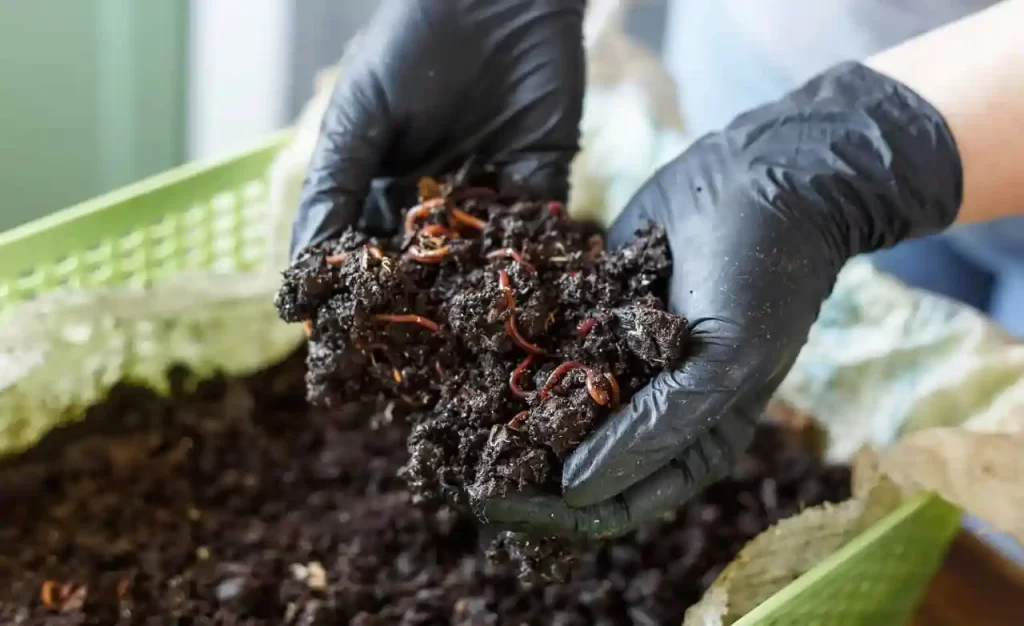Worms are one of the most important components of the composting process. They are the ones that aid the entire process by breaking down the organic garbage and casting the by-product for further usage. This by-product or the worm faeces is the main component of composting.
Experts from the composting world say that red earthworms or red wiggler worms are the best picks for composting. They break down the materials faster and more efficiently, thus giving better results.
With a generous quantity of materials and around a pound of worms, the red wiggler worms take around one to two months to produce compost.
Apart from the fast and efficient processing of compost, the red wiggler worms also provide great environmental benefits. Some of those benefits are listed below.
Replenishes the soil nutrients
Worm composting is one of the best foods for the soil. The cast or faeces produced by the worms are added as natural manure to the soil. Since it is mostly made up of organic matter, it improves the overall quality of the soil by increasing aeration, water retention capacity, and texture of the soil. In short, it makes the soil fertile.
Reducing pollution
In a recent study, it has been seen that organic garbage makes up a major portion of landfills. When it decomposes naturally, it releases a significant amount of methane, which is a dangerous and polluting greenhouse gas. Red wiggler worms considerably save nature from pollution by decomposing such wastes in a closed bin. All you have to do is throw your household organic waste in the compost bin and the worms would do their work.
The red wiggler worm compost also does not contain any artificial chemicals thus keeping the environment pollution-free.
Naturally occurring manure
Most people use artificial manures in the soil to improve its quality. However, worm compost is completely natural, safe, and extremely beneficial for soil health. They are packed with important nutrients such as potassium, nitrogen, phosphorous, and others. The slow yet consistent supply of the necessary elements for the soil makes it a great alternative as a fertilizer.
Significant reduction in carbon footprint
Artificial fertilizers leave a great deal of carbon footprint mainly due to their manufacturing processes. On the flip side, worm composts barely leave any carbon footprints since they have a completely natural production method. Moreover, using worm composts eliminates the need for using chemical fertilizers, thus reducing the carbon footprint anyway.
In this regard, the red wiggler worms from Vers L’avenir are great options if you are considering successful worm composting.




